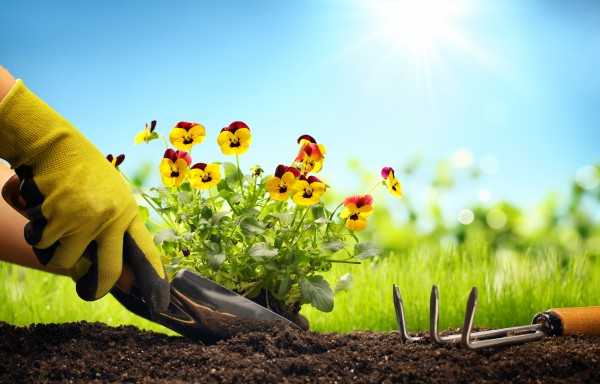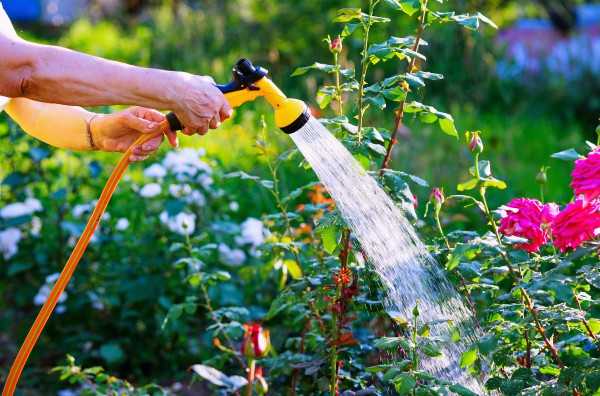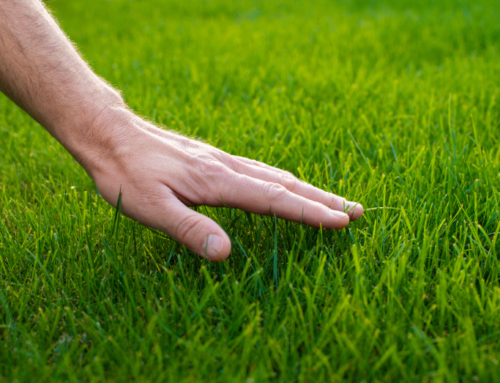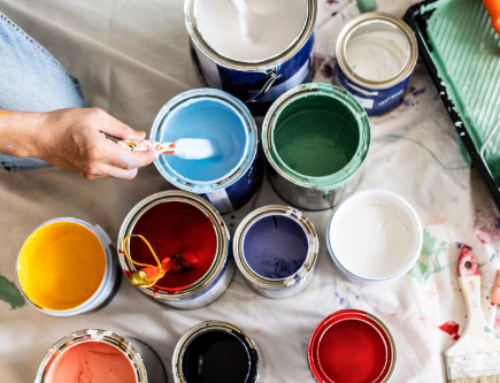If you’ve never planted flowers before or maintained your own yard it can be intimidating. Where do you even begin? It does take time and practice to figure things out, but focusing on the basic elements of gardening will get you a good start. First, knowing your climate will help you better understand these basic elements. Not only that, but it will help you to pick plants and flowers that will flourish best. Let’s take a look into these most important elements for plant life.

Daylight/Sun Shade
All plants need a lot of sunlight. With sufficient light they develop strong stems. If they have too little light than they are stretched and spindly. Lack of light also causes plants to disease easily. There are different kinds of plants: sun pants and shade plants. Sun plants require at least six hours of direct sunlight and will not bloom or thrive in shady locations. Shade plants on the other hand will sunburn from UV rays. They should not receive more than six hours of direct sunlight, but rather need more indirect light to thrive.
Water
Water is so important. Any nutrients from the soil or given through fertilizer is dissolved in water and are up taken in the roots. They need water in order to receive their nutrients. Over watering will cause the nutrients to wash away. It will also cause roots to rot. Over watering will cause the edges of leaves to appear burned. Pay attention to the soil; it should be evenly moist. The best time to water is morning. Your soil should be quite dry before watering again.
Soil
The soil where you live can be drastically different from the soil a town over. Your best bet is to have an experienced gardener analyze your soil and tell you how to adjust it. Most plants like soil to be slightly acidic. For example, if your soil is sterile and alkaline you could add compost or vinegar to help it become more acidic. But making it too acidic is like over fertilizing it and too alkaline is like starving it. The best soil is able to hold water, yet drain well. Sound confusing? The water should drain through the soil and be able to be taken up by the roots of the plants.
Nutrition
All plants need fertilizer. Basic fertilizer includes nitrogen, phosphate, and potassium. Some nutrients are contained in the soil, so it is best to not overdue the fertilizer. Overdoing it will kill the plants. Manure and composts work really well too. Over fertilizing can appear similar to under watering. There will be a learning curve to this.
Pest Control
If it seems that everything else is going right and your plants are still not thriving, then chances are you have a bug problem. This can include aphids, spider mites, caterpillars, slugs, ants. A safe way to solve this is by using 1 tbsp of Dawn Dish soap per gallon of water and spray the underside of leaves. Repeat this two to three times a week for a few weeks. If you see eggs on leaves then pluck the leaves and throw them away.
Plant Disease
Many plants are prone to fungal diseases of leaves and roots. Controlling your watering will help decrease chance of this. Dispose of infected plants/soil.

These basic elements are the most important. After learning each of these parts your garden should prosper. Here is a helpful site for beginners: Gardening Basics.






I love plants and planting a garden. I also love my yard being pretty.
Plants are beautiful especially palm trees.